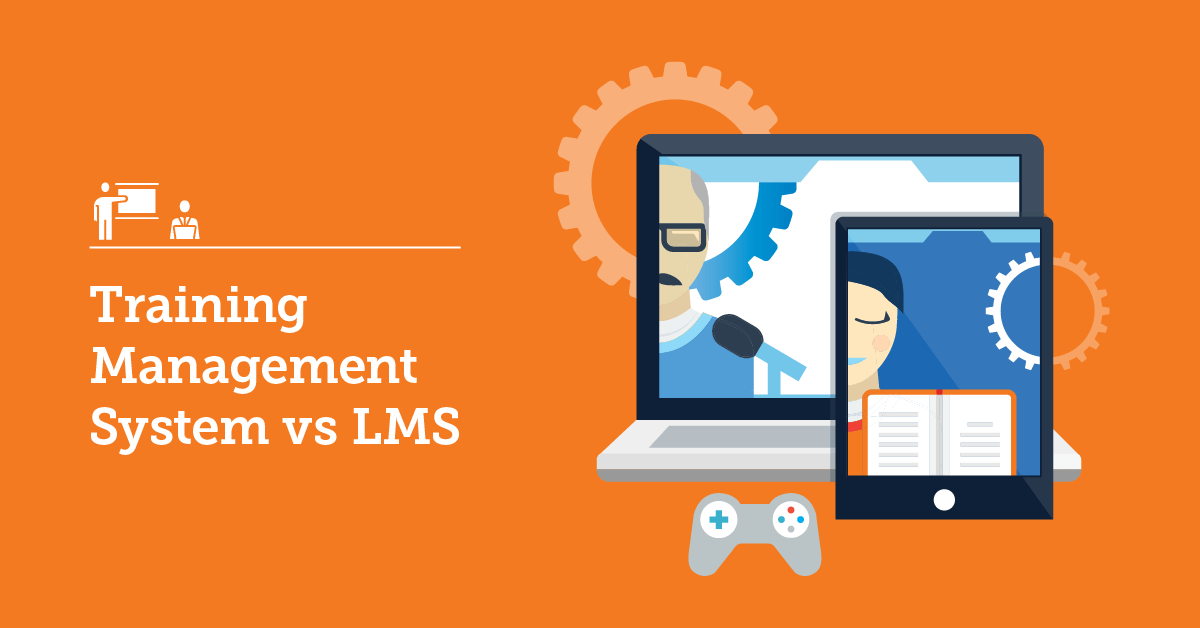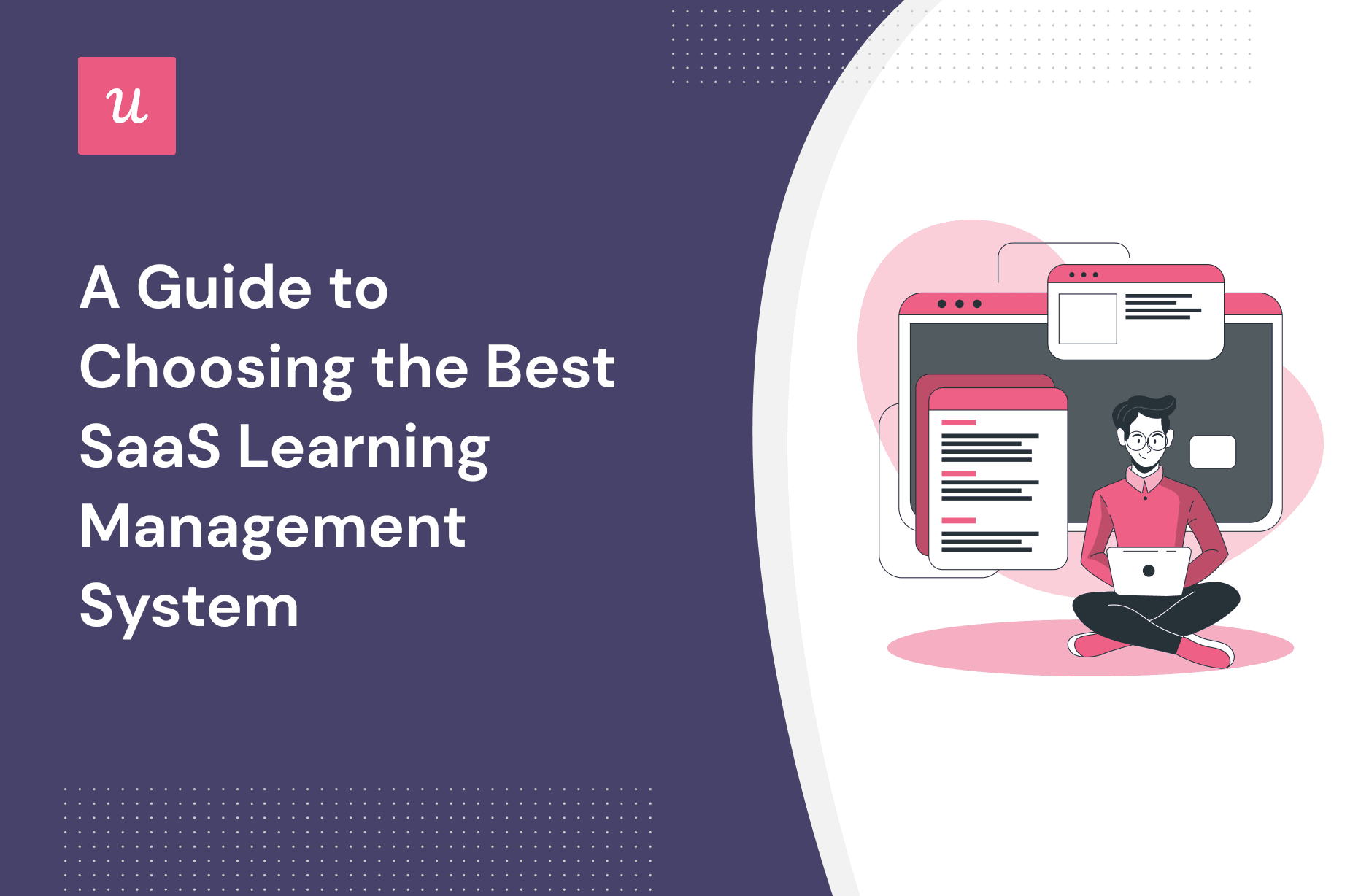Learning Management System Singapore: A Comprehensive Guide for Companies and Educators
Learning Management System Singapore: A Comprehensive Guide for Companies and Educators
Blog Article
Enhance Education And Learning With a Leading Knowing Management System
In the ever-evolving landscape of education, the fostering of a leading Discovering Monitoring System (LMS) provides a critical possibility to enhance processes and improve both training and learning experiences. By providing and automating administrative jobs customized finding out paths, a reliable LMS not only promotes far better involvement yet likewise cultivates an environment helpful to cooperation and inclusivity.
Advantages of a Knowing Management System
A Knowing Management System (LMS) uses various benefits that can significantly improve the educational experience for both teachers and learners. Mainly, an LMS promotes structured course administration, permitting teachers to handle course materials, track learner development, and assess efficiency efficiently. This automation reduces the management burden on instructors, enabling them to focus more on teaching and pupil engagement.
Additionally, LMS systems support tailored knowing courses, suiting diverse understanding designs and speeds. This adaptability promotes an extra inclusive setting, making it possible for students to access sources that finest fit their demands. The access of an LMS permits pupils to engage with course material anytime and anywhere, advertising self-directed understanding and fitting various schedules.
An additional notable advantage is the improved partnership opportunities an LMS gives. Discussion discussion forums, team jobs, and peer analyses motivate communication among students, enhancing their understanding via shared viewpoints. The information analytics functions of an LMS allow teachers to gain insights into learner engagement and efficiency, notifying instructional methods and interventions (Singapore LMS).
Secret Attributes to Try To Find

Following, robust coverage and analytics abilities provide beneficial understandings right into student progression and involvement, permitting instructors to make data-driven choices. Integration with other devices, such as content authoring software program and interaction platforms, is likewise crucial for improving performance and improving workflows.
Scalability is another important feature, making certain that the LMS can grow alongside the organization's requirements, suiting an increasing variety of individuals and material. Furthermore, mobile compatibility is critical in today's digital landscape, making it possible for students to accessibility academic products on different gadgets.
Lastly, strong security procedures have to be in area to protect delicate information and maintain conformity with educational regulations. By focusing on these crucial functions, organizations can select an LMS that sustains reliable mentor and discovering outcomes, eventually boosting the educational experience for all stakeholders included.

Enhancing Student Engagement
Trainee involvement is a critical variable in the success of any kind of curriculum, as it directly affects finding out results and retention prices. A durable Understanding Monitoring System (LMS) can play a pivotal function in improving pupil involvement via numerous ingenious features.

Moreover, tailored knowing paths enable pupils to proceed at their very own rate, accommodating specific understanding styles and choices. This adaptability not just promotes a feeling of possession over their knowing journey yet additionally keeps students spent and inspired.
Furthermore, real-time comments systems allow teachers to keep track of pupil efficiency and provide prompt assistance, more improving the discovering experience.
Execution Strategies for Institutions
Successful implementation of a Knowing Management System (LMS) requires institutions to take on a strategic approach that lines up technology with instructional goals. To achieve this, organizations need to begin by performing a detailed requirements assessment to determine particular requirements, guaranteeing that the LMS will LMS Singapore efficiently resolve challenges faced in teaching and learning.
Next, interesting stakeholders-- professors, administrators, and trainees-- is vital for cultivating a society of partnership and support. Training sessions must be arranged to furnish customers with the essential skills to utilize the LMS successfully. Furthermore, establishments need to assign adequate resources, consisting of time and spending plan, to help with a smooth change and continuous upkeep.
Furthermore, producing a phased rollout plan can help alleviate prospective interruptions. Establishments can begin with pilot programs to evaluate performance and collect feedback before full-scale execution. Continuous examination and adaptation of the LMS based upon user experience will certainly even more improve its effectiveness.
Finally, it is vital to connect a clear vision of just how the LMS sustains instructional techniques, therefore encouraging buy-in from all celebrations involved. By adhering to these approaches, institutions can make certain a successful LMS execution that inevitably improves the academic experience.
Measuring Success and Outcomes
Gauging the success and end results of a Knowing Management System (LMS) is important for establishing its influence on teaching and discovering. This process entails the collection and evaluation of quantitative and qualitative data to review the effectiveness of the LMS in accomplishing instructional goals. Key efficiency indicators (KPIs) such as pupil interaction rates, program completion rates, and evaluation scores offer critical understandings right into customer communication and finding out end results.
Furthermore, studies and comments systems can capture the experiences of both pupils and instructors, offering valuable point of views on usability, material relevance, and overall complete satisfaction. By triangulating these information resources, organizations can identify strengths and areas for enhancement within the LMS framework.
Furthermore, lining up LMS metrics with institutional objectives improves accountability and supports calculated planning (LMS SG). Tracking retention rates and post-course efficiency can inform educational program modifications and source allocation. Ultimately, an organized approach to determining success and outcomes not just ensures continuous improvement of the LMS yet likewise promotes a culture of data-driven decision-making. This commitment to evaluation encourages schools to enhance their mentor methodologies and maximize student experiences effectively.
Conclusion
The assimilation of a leading Learning Administration System (LMS) significantly improves academic experiences by automating management jobs and giving individualized understanding opportunities. By fostering partnership and inclusivity, an efficient LMS not only improves trainee engagement however likewise drives better knowing outcomes. Organizations need to prioritize the selection and application of an LMS that straightens with their objectives, making sure robust analytics and interactive web content are utilized to gauge success and continually boost the educational setting.
An Understanding Management System (LMS) provides countless advantages that can substantially enhance the instructional experience for both learners and teachers.Additionally, LMS platforms sustain customized learning courses, accommodating varied learning designs and paces.Measuring the success and results of an Understanding Management System (LMS) is necessary for determining its effect on teaching and knowing.The combination of a leading Knowing Management System (LMS) dramatically enhances educational experiences by automating management tasks and giving personalized learning possibilities. By fostering collaboration and inclusivity, an effective LMS not only boosts trainee engagement but additionally drives much better learning outcomes.
Report this page